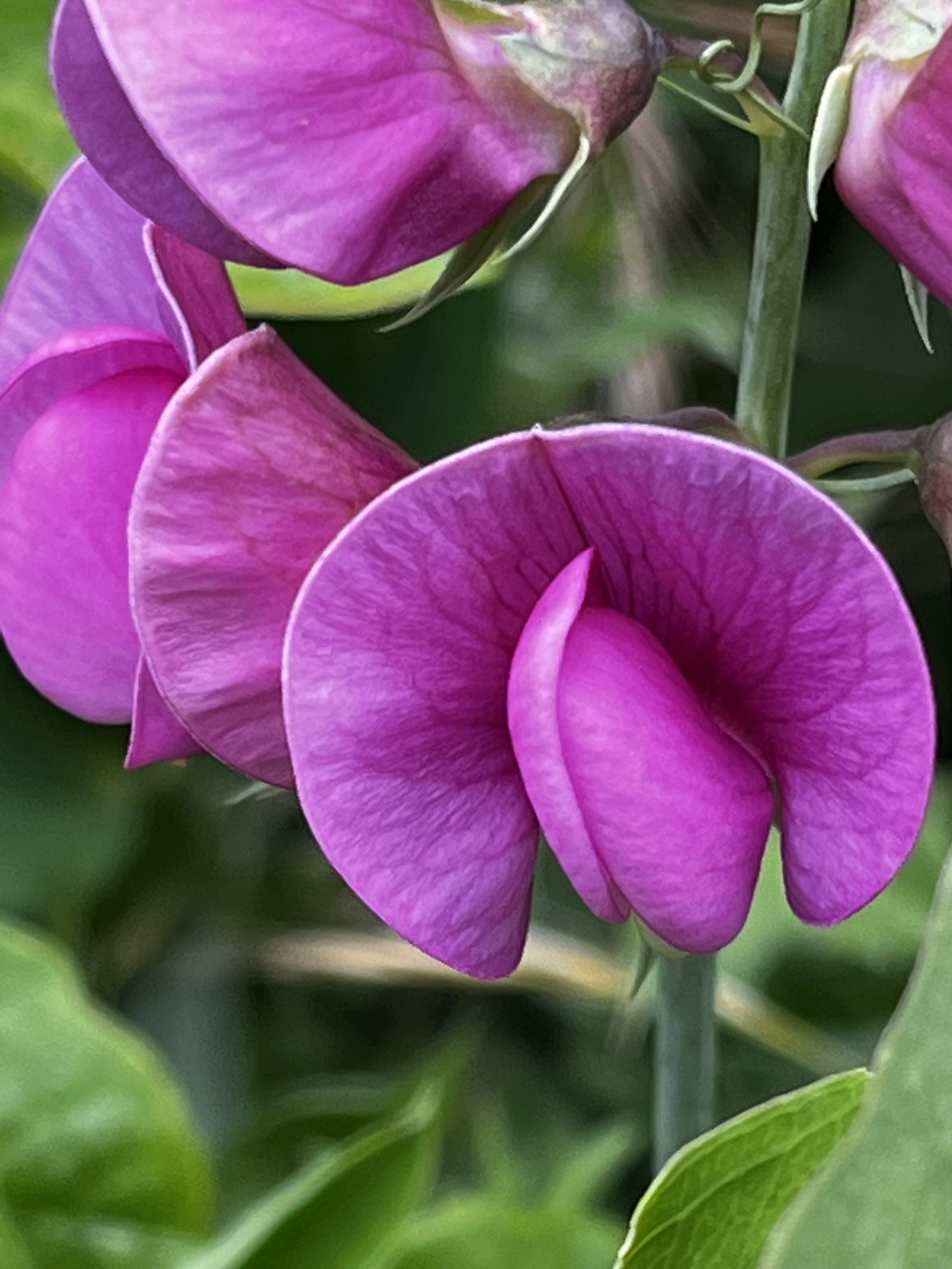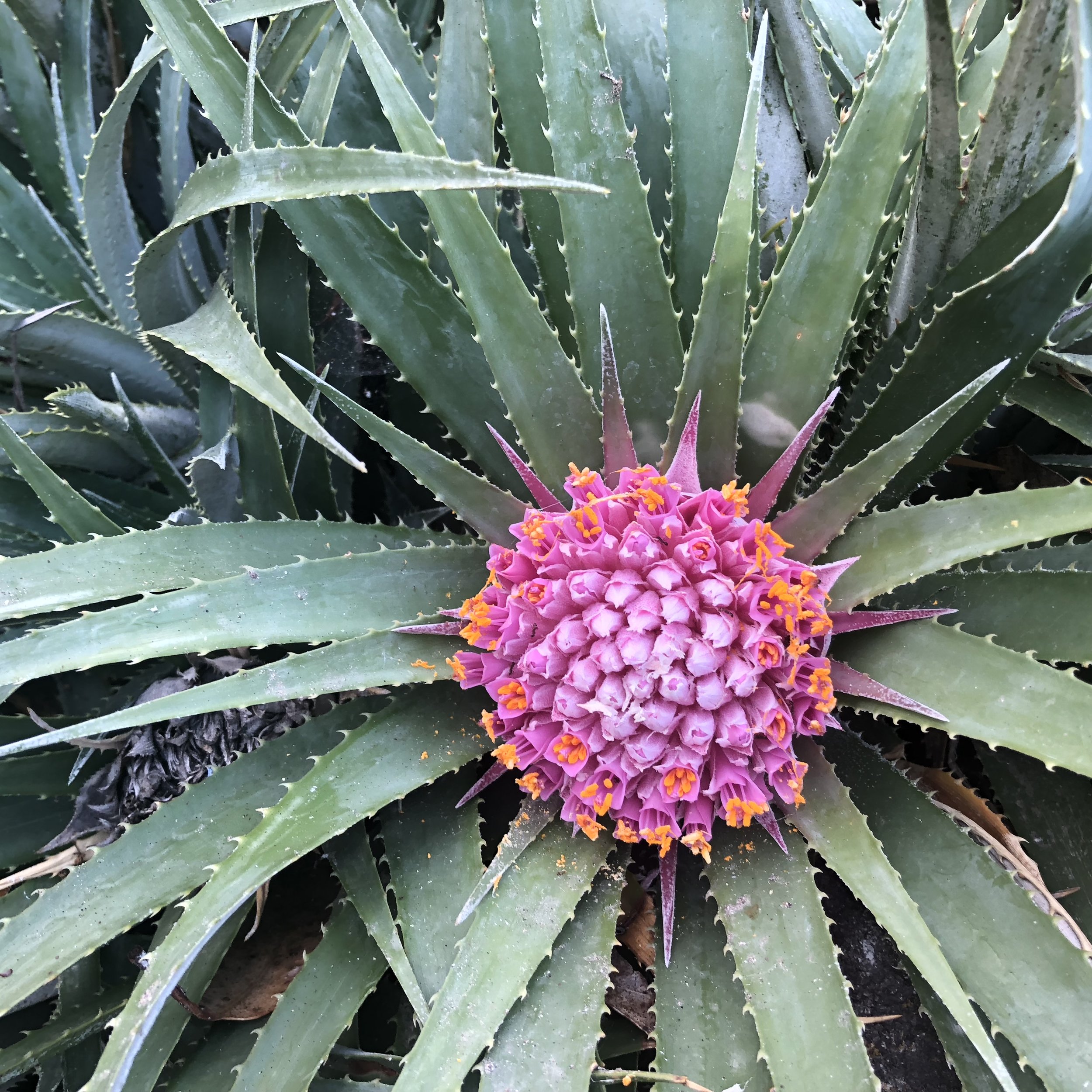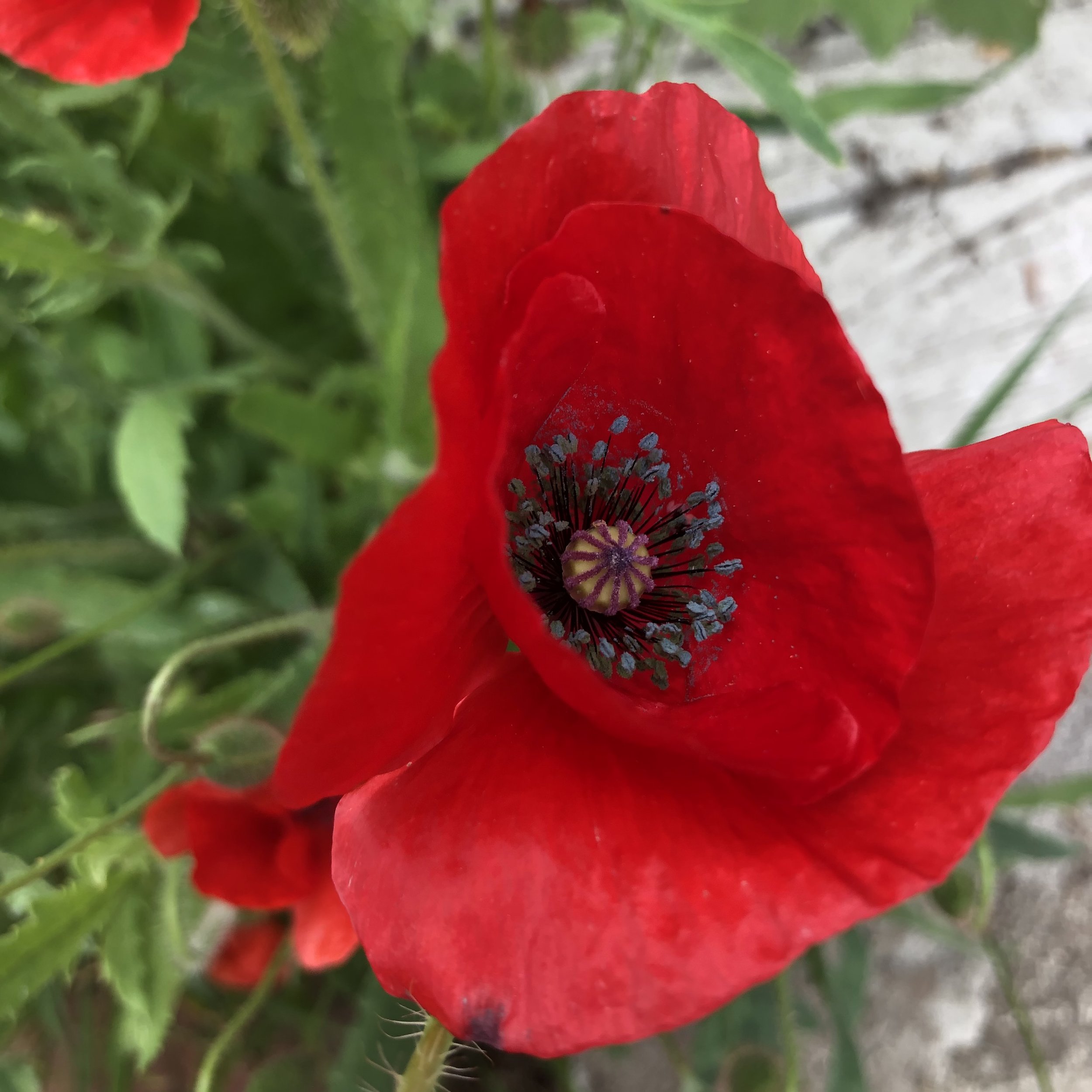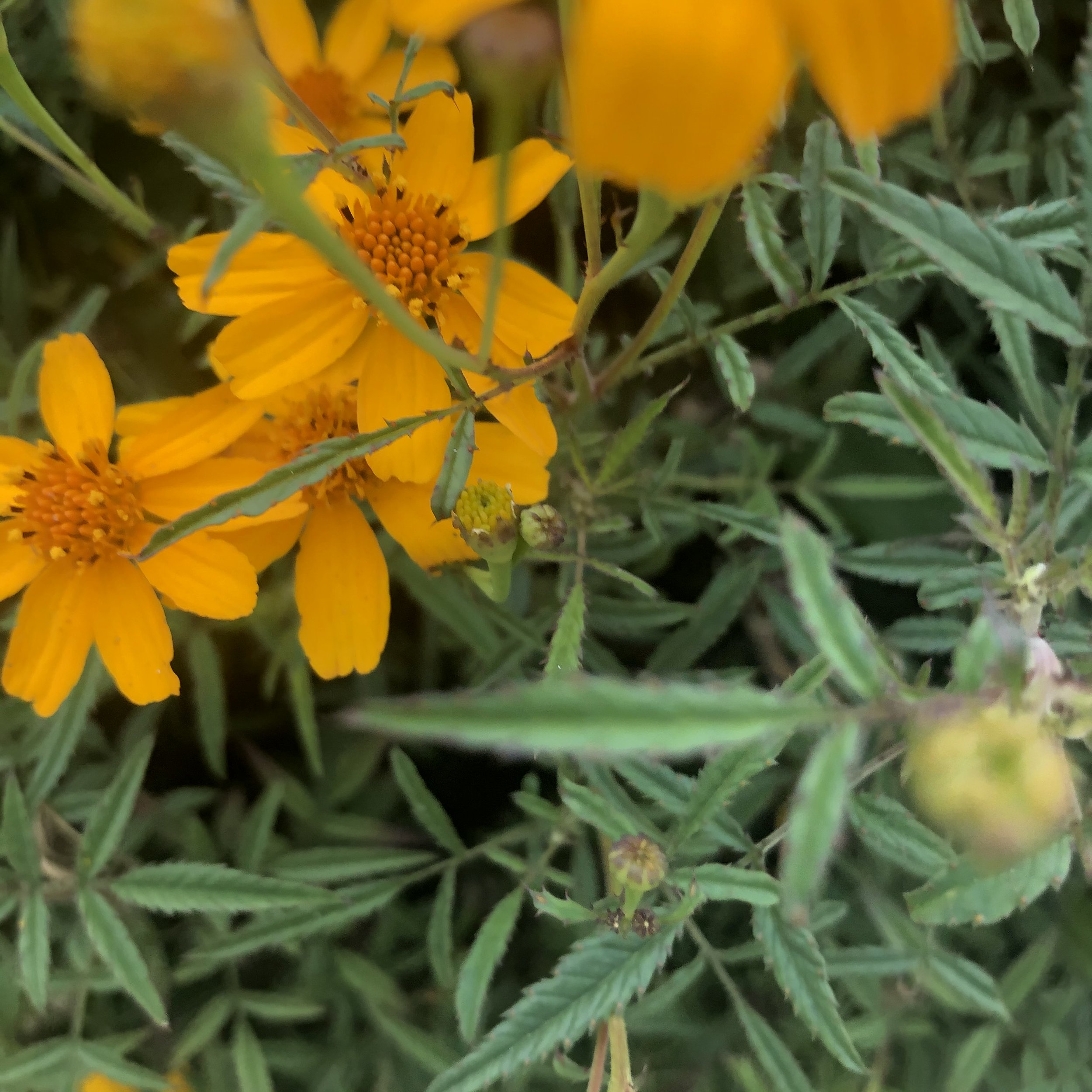
Individual Psychotherapy
For Adolescents & Adults
What is Therapy?
Experiences of relational and systemic trauma can deeply wound us and leave us feeling alienated, disconnected, and with a lack of agency. They can also diminish our ability to dream and vision, to access joy, creativity, and intimacy.
I see therapy as:
A space for presence and mindfulness that allows you deeper awareness of your body, mind, emotions, spirit, and the present moment.
A co-constructed, mutually nurtured, intentional space where you and your therapist can make space for all of the parts of you; a space to envision ways of existing in the world that are aligned with your values, and that allow you to access the kinds of connections and pleasure that you are seeking/needing.
A healing space for you to (re)build a relationship, attachment, and trust with yourself.
A place to explore challenges with expressing, exploring, and advocating for your needs and for addressing relational patterns that are no longer helpful or sustaining.
A place to help you understand your own identities and social locations and unburden yourself from internalized oppressions including ableism, sizeism/fatphobia, racism, colorism, transphobia, misogyny, homophobia, etc.

Who I Work With
I primarily work with queer and trans people of color and immigrants, and folks with other marginalized identities.
Some of my areas of interest include working with:
People who have chronically found themselves in relationships that don't feel supportive, and/or reciprocal and are seeking ways to shift their ways of relating and connecting
People who have felt alone, disconnected, and/or like they don't belong
Immigrants or children of immigrants who want to explore their relationship to language, culture, immigration histories, status, and race
People who want to explore the ways their multiple, intersecting identities impact their mental health and well-being; and build resources for navigating experiences of oppression
People who are seeking to improve their ability to communicate their needs and feelings, and advocate for themselves
People experiencing complex grief

How I Work
My Values
🌱 I identify as an Abolitionist Social Worker and believe in collective and community care. I do not believe that the police or carceral systems keep us safe, particularly as Brown, Black, Queer and Trans people. For that reason, in my practice, I work intentionally and deliberately to minimize police intervention in the case of a mental health crisis whenever possible.
In my practice this looks like:
concrete safety planning with you and your (chosen) family
explicit conversations about when hospitalization (and/or alternative/additional mental health services) might be necessary and the short and long-term impacts of these additional supports
the use of community-based crisis intervention services (eg MH First in Oakland) during a mental health crisis and/or
utilizing other crisis intervention and/or support services that intentionally decrease or eliminate police intervention (See: Non-Carceral Resource Guide)
As the Network to Advance Abolitionist Social Work has articulated: I am "committed to working towards a social work rooted in solidarity over charity, one that is decolonized, de-professionalized, anti-capitalist, and is committed to accountability, reparations, and continual transformation."
🌱 I have signed the Gender Affirming Letter Access Project (GALAP) Pledge and have committed to writing gender affirming letters for free. At GALAP we "believe in improving access to letters for clients who are seeking gender-affirming medical care. We resist the harmful practices of gatekeeping and believe in an informed consent model where clients can affirm their gender identity without the steep cost of sessions with mental health professionals and reductionist clinical practices. As such, we want to create a movement towards to providing free and low-cost letters for gender affirming access to medical care"
🌱 I believe that care work and healing work do not have to be, and are often more harmful when, professionalized. I honor the abundant, nuanced, and deeply intentional ways that communities have cared for each other and built networks of mutual aid for all of history, and hope to align myself with these legacies of community care and other world building. While I/We are currently operating under capitalism, and the field of social work is and has been an active participant in strengthening capitalist and racist violence, I hope to be mindful of these contradictions/tensions and to be persistent in my imagining and creating of alternative ways of being.
🌱 I strive to be accountable to the ways I have internalized systems of oppression and cause harm, particularly in areas where I hold privilege. I actively work to understand the ways that capitalism, colonialism, cisheteropatriarchy, anti-Blackness, ableism, sizeism, colorism, homophobia, and transphobia are functioning in me and in the world around me, and am intentionally pursing other ways of relating to myself, my communities, and the larger world.
🌱 I honor that I am on unceded Ohlone, Muwekema, Lisjan, and Miwok land. Use this link to calculate and pay your Shuumi Land Tax.
My Theoretical Approaches
🌱 I work from a Relational Psychodynamic approach wherein I believe the clinical relationship is the primary mode of healing.
🌱 I utilize an Internal Family Systems (IFS) approach, which can deepen our capacity to build trust with ourselves, via offering curiosity and care to our multitude of parts.
🌱 I integrate Sensorimotor Psychotherapy in my work, which is a somatic approach that supports healing attachment and complex trauma via the body. This means that I support my clients in attuning to present moment experience in their body, and support them in building somatic resources to expand their capacity to be with.
🌱 The foundation of all of these approaches is a vision of deepening relationships- with our bodies, our emotional and mental worlds and parts, with our sense of justice and connection to the larger world, and with each other. My clinical approach is also deeply informed by Post-Colonial theories, Black Radical Politics and Tradition, Queer Theory, Disability Justice, and Liberation Psychology.
